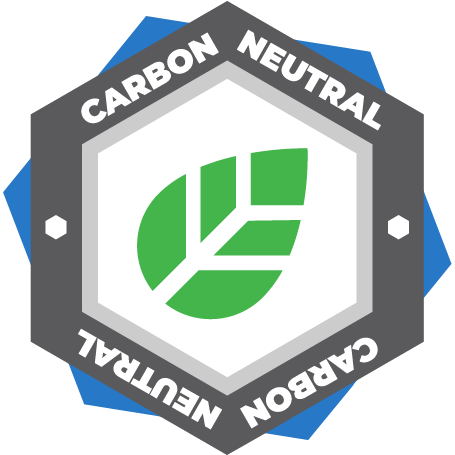sustainability
The cleantech alternative
for graphene production
WE PRODUCE GRAPHENE FROM 100% ORGANIC Material
Our primary raw material input is biochar that can be easily sourced locally in Canada.
OUR NANOTECHNOLOGY PRODUCTION PROCESS IS ECOLOGICALLY FRIENDLY
Traditional graphite-based manufacturing methods of graphene use harmful chemicals, solvents, and exfoliants to breakdown carbon to produce their final graphene material – creating by-product waste. Comparatively, BGS’ technology is able to utilize organic materials via thermal-mechanical conversion that can produce a sustainable and high-quality biographene that’s extremely consistent in characterization.
OUR FOCUS ON THE CONCRETE MARKETS
Concrete is the second most consumed material worldwide (after water). The key ingredient in concrete is cement and is the source of 8% of the world’s global carbon emissions (3x that of the aviation industry). To put this into perspective, if the cement industry was a country, it would be the 3rd largest emitter in the world behind China and the US*. However, incorporating as little as 0.5% of graphene as an additive in the concrete production process has the potential to significantly reduce the amount of cement needed in the concrete mix design without sacrificing the final performance of the concrete product – dramatically reducing cement’s carbon footprint.
*Source: Chatham House ; PBL Netherlands Environmental Assessment Agency
OUR FOCUS ON THE ASPHALT MARKETS
Asphalt (derived from bitumen) also has a significant carbon footprint associated with the production roads and highways. Adding graphene to the bitumen mix can significantly increase the life use of roads; reducing maintenance costs due to the increased strength, elasticity, and water impermeability that is gained from the graphene-bitumen mix**.
**Source: Australian Graphene Industry Association
We enable companies to qualify to save BIG money
BGS is actively investigating Carbon Credit eligibility for the use of its’ biographene in the markets that it services. This could result in significant savings for BGS’ end-customers and further facilitate why BGS is a solid Environmental, Social & Corporate Governance (ESG) investment opportunity for our current and future shareholders.
A PATH TO SAVINGS VIA CARBON CREDITS
BGS is actively investigating Carbon Credit eligibility for the use of its’ biographene in the markets that it services. This could result in significant savings for BGS’ end-customers and further facilitate why BGS is a solid Environmental, Social & Corporate Governance (ESG) investment opportunity for our current and future shareholders.
BGS’ GREEN GRAPHENE HAS THE POTENTIAL TO PLAY A GAME-CHANGING ROLE IN THE GLOBAL CO2 CRISIS

Our Process
Carbon Neutrality
- Carbon Offsets: Carbon Credits are currently being investigated for possible qualification due to the conversion of organic carbon feed material that produces our biographene
- Carbon Credits and Carbon Offsets may vary from $0.10 to $43 per ton of carbon, depending on the qualifying criteria in the various jurisdictions
- Notably, the end use for graphene produced from organics are sequestered in concrete, asphalt, rubber tires and plastics




